As Victorians struggle under the social and business constraints brought about as a result of the coronavirus pandemic, the work towards achieving Australia’s first treaty between government and Traditional Owners continues unabated.
Barely eight months after being elected, the 31-strong First Peoples’ Assembly of Victoria has already put runs on the board.
To gain a clear perspective on progress towards treaties in Victoria, the Koori Mail obtained an exclusive interview with Assembly co-Chair Mr Marcus Stewart.
Truth-telling and justice process
As reported in the last edition of the Koori Mail, in response to a call from the Assembly, the Victorian State Government has committed to the establishment of a Truth and Justice process to “formally recognise historic wrongs and address injustices.”
In a media release issued by the office of the Victorian Minister for Aboriginal Affairs, Gabrielle Williams, the government – in partnership with the Assembly – will immediately begin work on defining terms of reference and the process itself.
When asked by the Koori Mail if the process might become an additional responsibility of the Assembly, Mr Stewart was firm in his belief that it should be independent.
“We’ve often said that there can’t be treaty without truth,” Mr Stewart said. “But any truth-telling process will have to run independent of government and independent of the Assembly.”
Despite the future process’s independence from Government and the Assembly, Mr Stewart explained that an internal truth-telling workstream would need to be established in order to define the terms of reference.
“It’s our responsibility to work in partnership with the government and deliver terms of reference that is shaped, informed and designed by Aboriginal Victorians and Traditional Owners from right across Victoria,” he said.
“Once it’s up and running – once we’ve agreed to a terms of reference – that [process] won’t be a function of the Assembly.”
In response to a question regarding an expected delivery time for the terms of reference, Mr Stewart said that it was hoped to be achieved within the next three to six months.
Greater Recognition of Traditional Owners
While the call for truth-telling and justice put forward at the June Assembly Chamber Meeting by Assembly member Jason Kelly (North-West region), has received a great deal of support and media coverage, another motion has yet to receive the same level of attention.
During that meeting, Assembly member Alister Thorpe (Metropolitan region) proposed that work be undertaken to afford recognition to Traditional Owner groups not yet formally recognised by the Victorian Aboriginal Heritage Council (VAHC).
The member-led business gained an 84 percent vote in favour of establishing criteria that would enable greater Traditional Owner representation in the Assembly.
Currently, the Assembly has 11 seats permanently reserved for Victoria’s Traditional Owner groups that have been recognised by the VAHC under the Victorian Aboriginal Heritage Act 2006.
According to Mr Stewart, the discussion and resulting resolution supports work already being undertaken under the auspices of the Assembly’s Cultural Governance Committee.
He cautioned that the process would not be easy. “Formal recognition is quite a complex proposition,” he said. “We need to ensure that whatever decisions we make and whatever we put in place do not impact [negatively on] any nation’s ability to negotiate treaties.”
When pressed on an expected timeframe for this line of work to bear fruit, Mr. Stewart said that he hoped for something by the end of 2020.
The Negotiation Framework
In discussing the Treaty Negotiation Framework and the Assembly’s decision to move forward with a hybrid model, encompassing state-wide and local treaties, Mr Stewart confirmed that a single framework would cover both types of treaty.
During the first of the Assembly’s online engagements focused on framework inclusions, this journalist posed the question: “Will there be a process in place that will enable the Framework to be revised over the years?”
Assembly member Rueben Berg (Metropolitan region) responded, saying: “Part of what the Treaty Framework can do is set up that treaties [themselves] should be flexible… and that there may be a need for the Framework itself to be flexible. There might be things we need to adjust and change within the framework itself.”
This was supported by the Chair of the Assembly’s Treaty Negotiation framework committee, Jamie Lowe (Reserved Seat Holder for the Eastern Maar Aboriginal Corporation). “The inevitability is that it will need to change down the track.
“Whether we lock away within [the framework] that there’s a review period in five, ten or 15 years time, there’s potential for that, I think.”
“You never lock yourself out of negotiations,” he stressed.
Despite the amount of work required to develop the framework, it is expected that it will be completed by some point in 2022.
In commenting on that, Mr Stewart said: “We anticipate that for the first time in this nation’s history, we’ll see sovereign-to-sovereign negotiations – nations negotiating their own treaties – by roughly the end of 2022.”
Community Consultation
On the matter of community consultation, the Assembly has come under fire from members and elements of community, claiming that appropriate levels of consultation have not been undertaken by the Assembly.
Mr Stewart stated that he did not agree with such claims. “I believe we’ve done a substantial amount of engagement; and it’s a credit to our [elected] members who are out there holding the conversations… and our team who are out there engaging.
“And it’s a credit to how we’ve quickly transferred to a digital platform [for community consultation]. It’s not easy.”
He stressed that community also needs to take on some of the responsibility. “We need our mob to take responsibility to engage their elders, to engage their families and to champion what this [treaty process] is and make sure their voice is heard.”
For more information on work being undertaken by the Assembly and forthcoming community consultations, visit www.firstpeoplesvic.org or calling 1800 873 289.


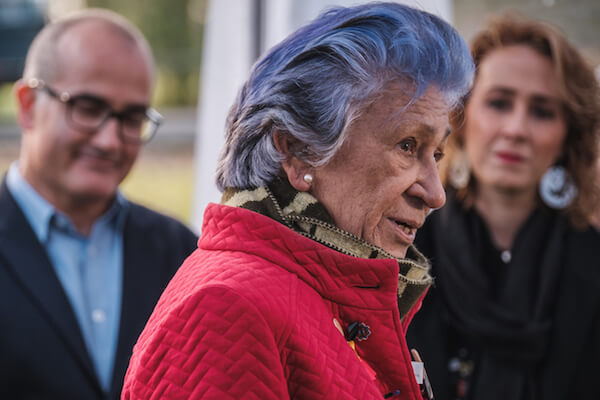
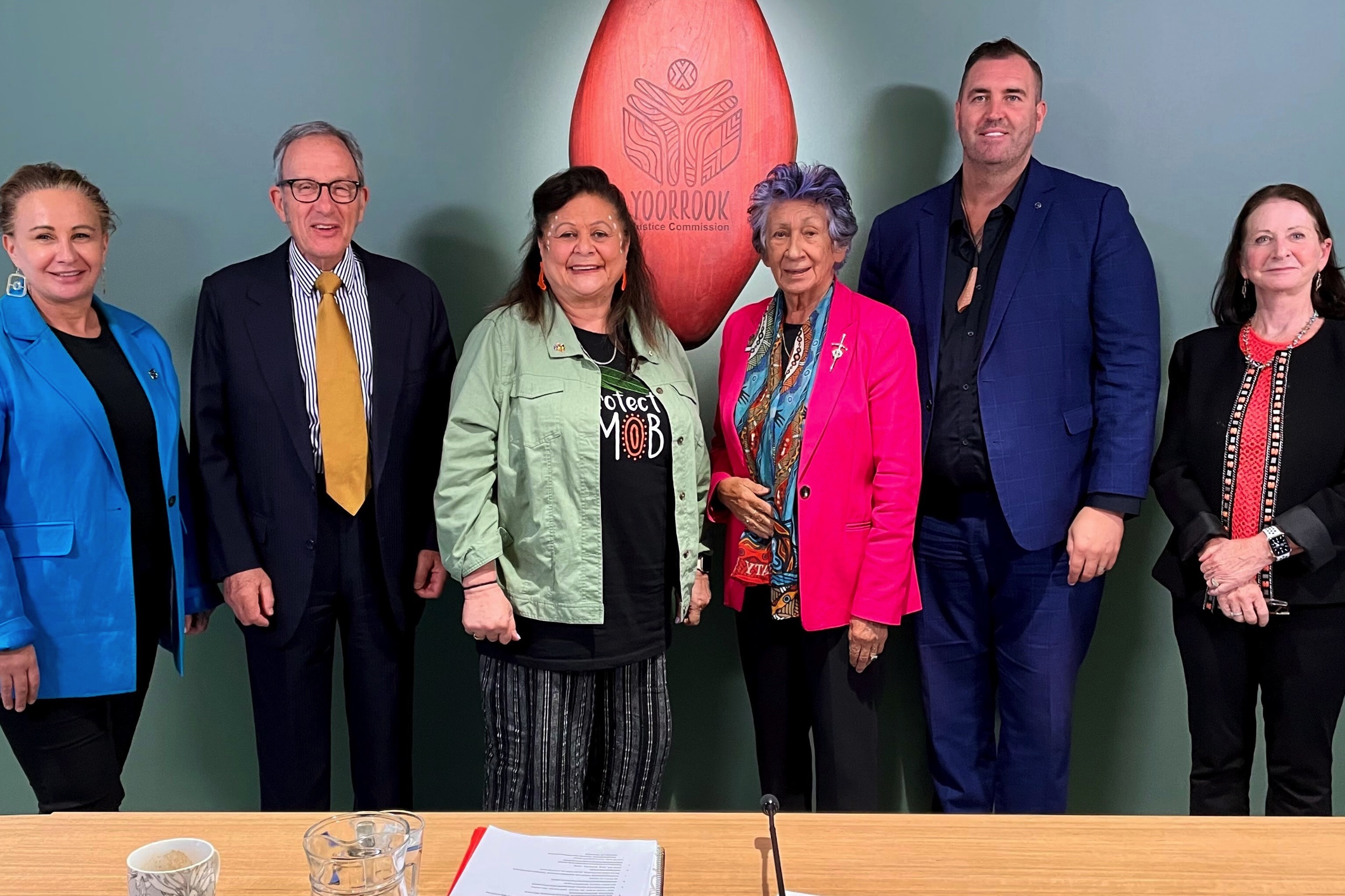
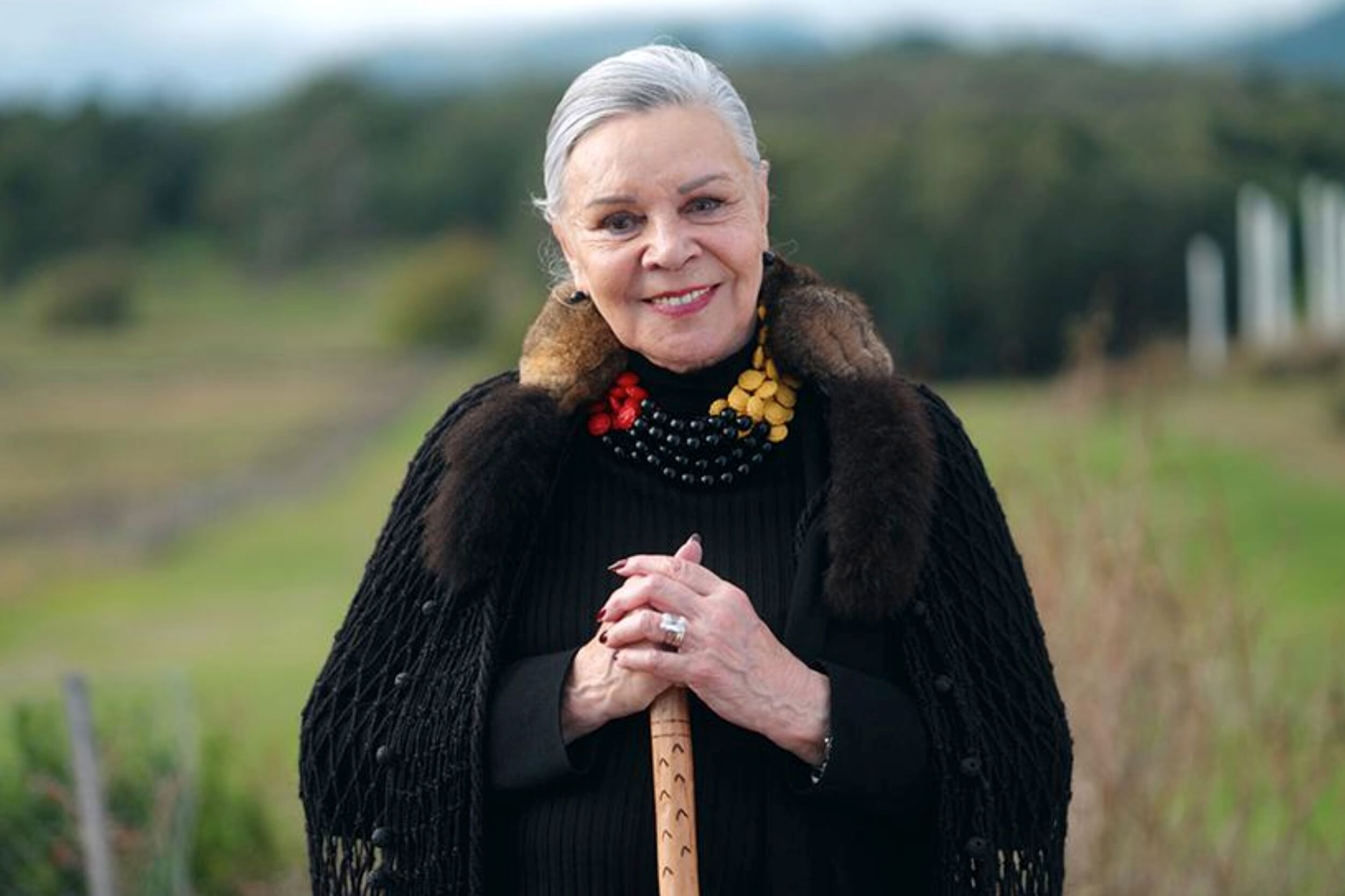
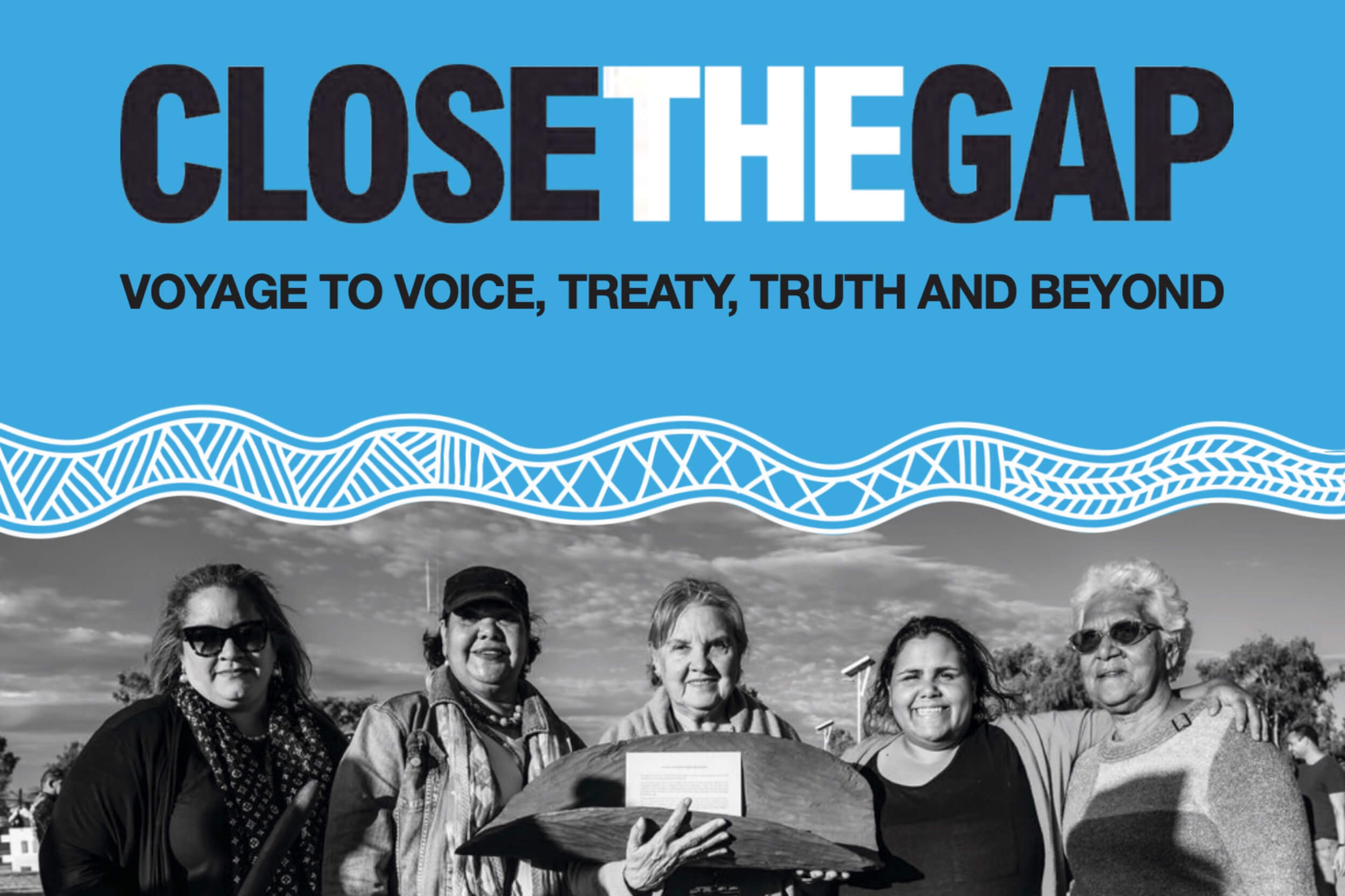
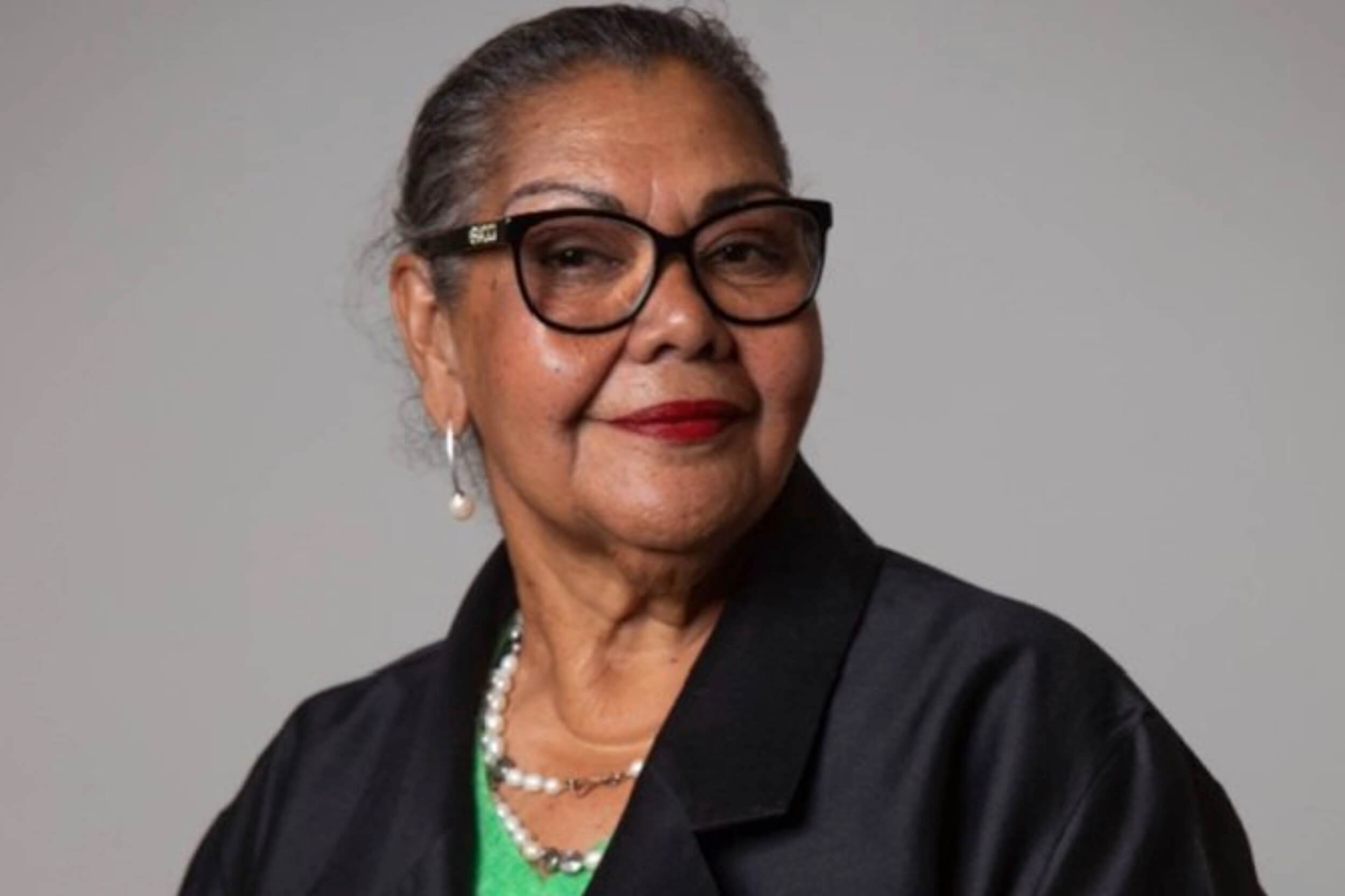
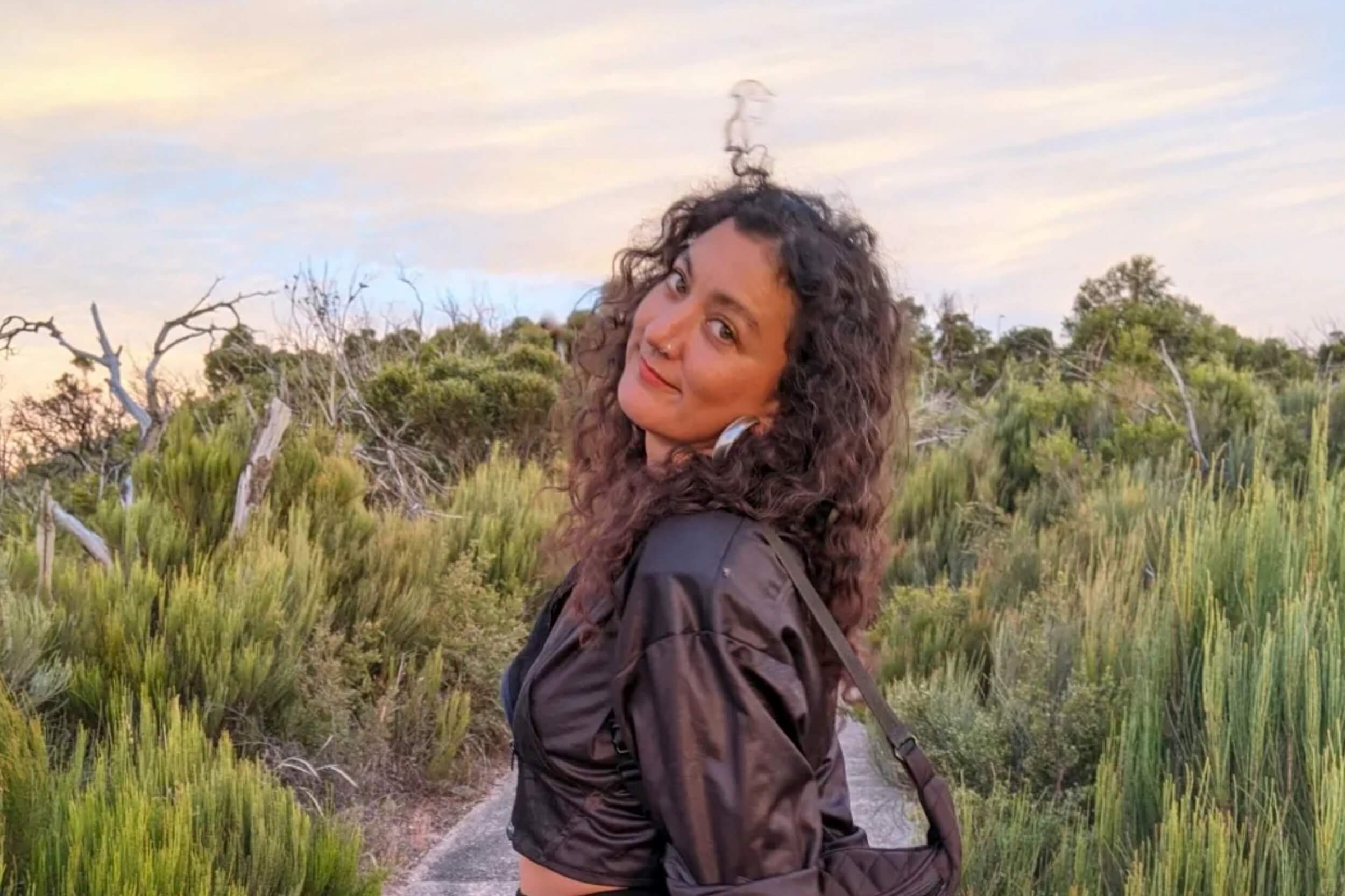

0 Comments